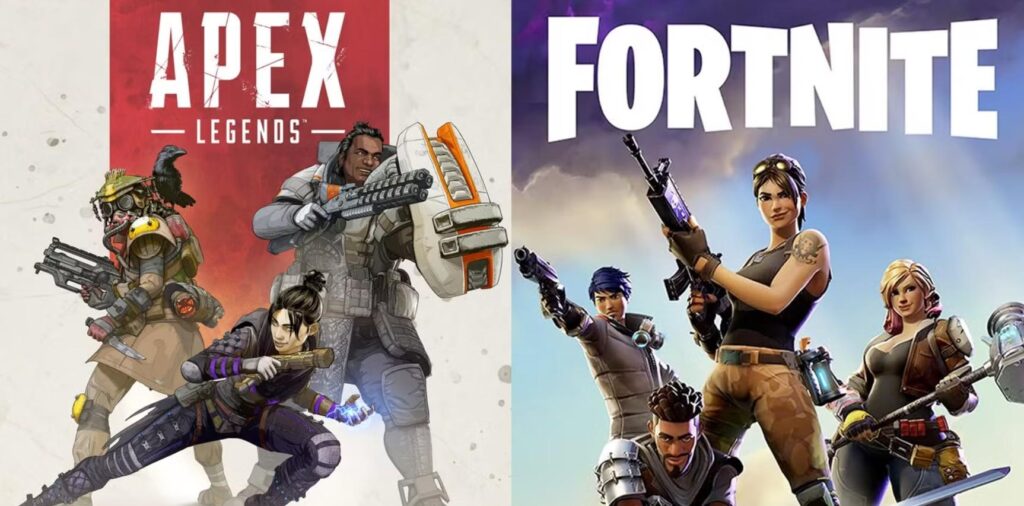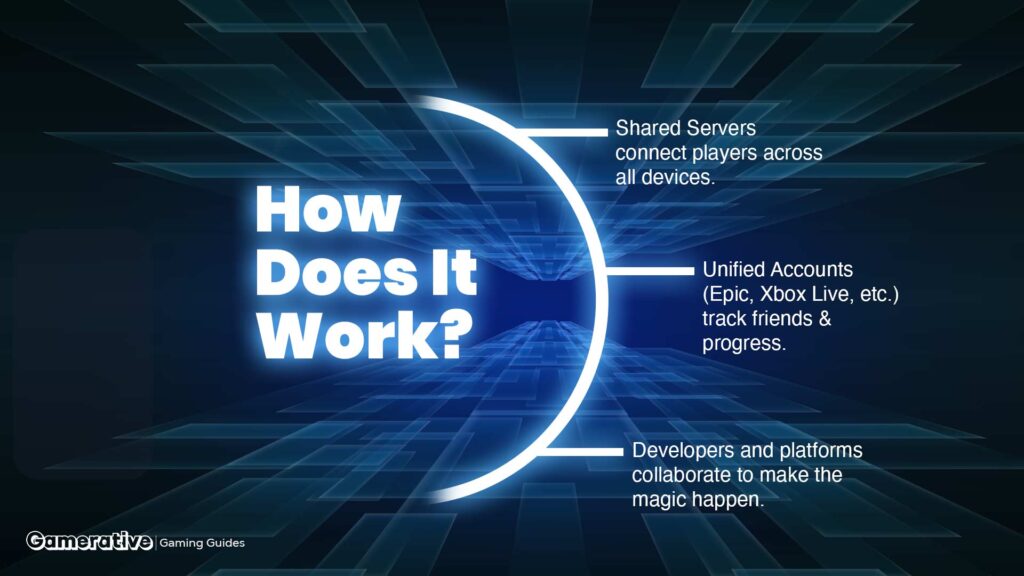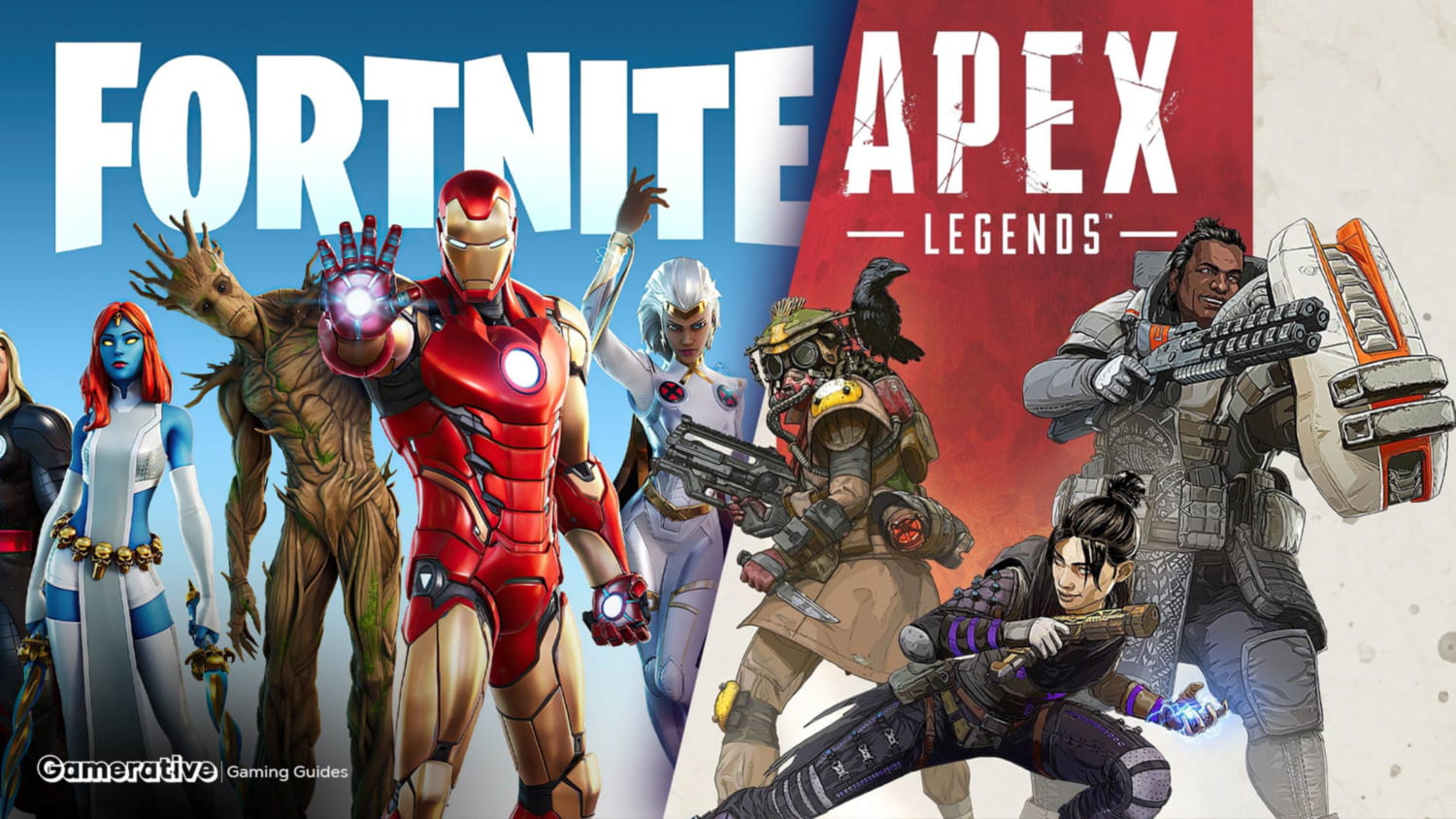Ever find yourself excited to play the latest multiplayer hit, only to learn your best friend bought it for Xbox while you’re over on PlayStation? We’ve all been there, looking at our controllers longingly while wishing there was a magic button to erase the walls between consoles. So, what is cross-platform play, exactly? In the past, this was just a fact of gaming life, separate systems, separate players, but these days, cross-platform play is turning those barriers into relics of the past. In this guide, let’s dig into what cross-platform play really means, how it works, and why it matters for gamers everywhere..

- It bridges players across consoles, PCs, and sometimes even mobile devices.
What Is Cross-Platform Play?
At its heart, cross-platform play (often called “crossplay”) is the ability for people playing a game on one kind of device, say, a PlayStation, to join up with folks using an Xbox, a PC, or even a mobile phone, all in the very same match or session. We’re not just talking about games that release on lots of platforms at once; we mean true multiplayer that meshes everyone together, regardless of hardware. This is all about taking down the walls so groups of friends, scattered across consoles and computers, can finally adventure together, without having to double-dip on hardware.
1. Introduction: Breaking Down Gaming Barriers
Growing up, many of us remember frustration setting in as we talked to friends after school. Maybe you had a Nintendo Switch, your cousin used an old gaming PC, and that one neighbor seemed to swap consoles every year. Back then, gaming together just wasn’t possible; a simple gap that kept us apart.
Now, the landscape is shifting. So, what is cross-platform play exactly? It’s the technology and agreements that let players on different consoles or devices join the same game session seamlessly. This breakthrough is popping up everywhere, promising to make “who owns what” almost irrelevant. Over the next sections, we’ll unpack what lets this magic happen, explore the nitty-gritty details, look at real crossplay games, and ponder where all this connectivity is headed.
2. What Is Cross-Platform Play?
Imagine you’re deep into Fortnite on your mobile during a lunch break, while your sibling seamlessly drops in from their PlayStation at home, and your best friend joins on their high-end PC. None of you had to coordinate hardware, and yet, you’re all building, laughing, and winning together right there. That’s cross-platform play: true, shared experiences across gaming devices.
Let’s be super clear, too: “cross-platform” isn’t about the same game appearing on lots of hardware. It’s multiplayer, in real time, across boundaries. When you press “Ready,” you queue up with the whole gaming world, not just the ones with your exact console.

3. How Does Cross-Platform Play Work?
Under the hood, what is cross-platform play really about? It’s all the serious coordination behind the scenes that makes it possible. First, games rely on shared servers; “meeting places in the cloud,” so everyone connects smoothly, no matter their device. For example, Epic Games uses tools like Epic Online Services to ensure their titles, such as Fortnite and Rocket League, deliver seamless crossplay experiences across platforms..
Developers might ask you to link your game to a central account; think Epic, Xbox Live, or your EA ID. This keeps track of friends, stats, and matchmaking. Without these unified systems, PlayStation users would only see other PlayStation users, Xbox users with Xbox, and so on. Bringing it all together takes both technical wizardry and a lot of patience (trust us, plenty of patch notes are born out of these efforts).
4. Types of Cross-Platform Play
Not all crossplay is created equal. Depending on the game and company, you’ll find several flavors:
1. Full Cross-Play
Everyone, everywhere, can play together. Fortnite was one of the first big names to allow Switch, PlayStation, Xbox, PC, and even mobile players in the same games.
2. Partial Cross-Play
Sometimes, when exploring “what is cross-platform play?” it’s clear that not all platforms mix freely. For example, some games allow PC and Xbox players to team up but exclude PlayStation users. Call of Duty: Warzone started off with full crossplay but gave players an option to disable crossplay with PC due to balancing.

- Some games offer cross-progression, letting you keep progress across devices.
3. Cross-Progression/Cross-Save
This is about your account, not playing together. You can start Genshin Impact on your phone, switch to PC, or log in on PlayStation and keep your story going. Same goes for Destiny 2; your progress moves with you, regardless of device.
While every developer does things a bit differently, these are the usual crossplay flavors you’ll see in the wild.
5. The Benefits of Cross-Platform Play
Why does all this matter? When we think back to the first time we finally got to play Minecraft with friends, no matter what platform they owned, it felt like the world instantly got bigger and more welcoming.
- Larger Player Bases: You’re not stuck waiting in lobbies for a match. More players mean faster matchmaking and no more ghost towns.
- Play With Friends: Console, PC, or phone; your squad is always welcome.
- Game Longevity: Fewer splits in the community keep games alive longer, attracting new updates and events.
- Developer Simplicity: Devs can focus on making one thriving player base instead of worrying about splitting communities by device.
A quick Fortnite session after work with friends from every corner of the gaming universe? That’s the power of cross-platform play.
6. Challenges and Considerations for Cross-Platform Play
As magical as it sounds, what is cross-platform play really without its fair share of challenges? If you’ve ever tried to play a shooter like Apex Legends on console against skilled PC players, you’ll know that mouse and keyboard sometimes mean serious competition. Balancing the playing field is tricky business.
- Fairness/Balancing: PC gamers often have an edge in reaction speed or aiming. Some games allow console players to opt out of crossplay to avoid it.
- Technical Hurdles: With so many platforms (each with quirks), making everything run smoothly can be a nightmare for developers.
- Platform Policies: Companies like Sony used to be hesitant about crossplay; years of negotiations finally wore down those walls.
- Cheating/Security: More open systems mean more creative cheaters. Anti-cheat tools and moderation need to keep up.
- Communication: Building a single voice/chat system that works across PlayStation, Xbox, PC, and beyond? That’s a feat on its own.
We’ve seen this play out firsthand; sometimes your buddy’s mic just won’t work because the platforms don’t “talk” nicely, and you end up texting strategy instead.

- Voice chat and friend systems may vary or require linking accounts.
7. Leading Games with Cross-Platform Play
Many of us have memories tied to jumping into a game with someone halfway across the country, finally together, regardless of which hardware was plugged in. It’s moments like these that truly answer the question: What is cross-platform play if not a bridge between gamers everywhere? Here are some of the trailblazers making crossplay the new normal:
1. Fortnite
The poster child for full crossplay. Play with anyone, anywhere; mobile, console, PC.
2. Call of Duty: Warzone
Launched with broad cross-platform support, including voice chat and unified friend lists.
3. Rocket League
Started as a small indie hit, now lets PC and all console players compete with ease.

- Cross-play is becoming a standard feature in modern multiplayer gaming.
4. Minecraft (Bedrock Edition)
The world-building phenomenon brings together Switch, Xbox, PlayStation, PC, and mobile on shared worlds.
5. Apex Legends
Battle royale excitement across PC, Xbox, PlayStation, and recently, Switch.
6. Genshin Impact
Not only does it let PlayStation, PC, and mobile gamers play together, but your adventure follows you everywhere with cross-save support.
If you haven’t tried crossplay, jumping into one of these is a great starting point!
8. The Future of Cross-Platform Play
What excites us most is that cross-platform play looks less like a novelty and more like a standard, everyday feature with each new game release. Game studios, platform holders, and software companies are working together in ways we never dreamed possible ten years ago.

Cutting-edge tech, cloud gaming, universal accounts, and even AI moderation promise to make multi-platform gaming smoother, safer, and more seamless every year. Imagine a day when no one even checks what console you’re on… because it simply doesn’t matter.
9. Final Reflection: Uniting the Gaming World
Thinking back, who would’ve guessed gaming would grow so much that device choice matters less than ever? What is cross-platform play, if not the heartbeat of more inclusive, vibrant gaming communities, bridging the gaps that once kept us apart? Whether you’re questing with friends or finding new rivals from across the world, there’s never been a better time to jump in and connect. So, call your friends, pick a crossplay game, and get ready to play together, no matter where life takes you. Ready to forge new cross-platform memories? Tell us about the games you’re most excited to try with your friends!
Learn about the inside out of video games world and industry via Gamerative.
10. FAQs About Cross-Platform Play
Q1. Can I use the same DLC or in-game purchases on all platforms in cross-platform games?
Not always; some games and platforms restrict purchases to a single device. Check each game’s support page for cross-buy details.
Q2. Will my in-game friends list automatically update across devices?
If a game uses its own account system (like Epic or Activision), friends lists will sync. But if it relies on platform-specific accounts, you may have to re-add friends.
Q3. Does cross-platform play mean the same experience on all devices?
Not quite. Performance and controls can differ by device, so your gameplay might feel a bit different on a phone versus PC.
Q4. Can cross-platform play be disabled if I prefer to play only with people on my system?
Many (but not all) games let you opt out of crossplay in the settings; just look for “crossplay” options in multiplayer menus.




